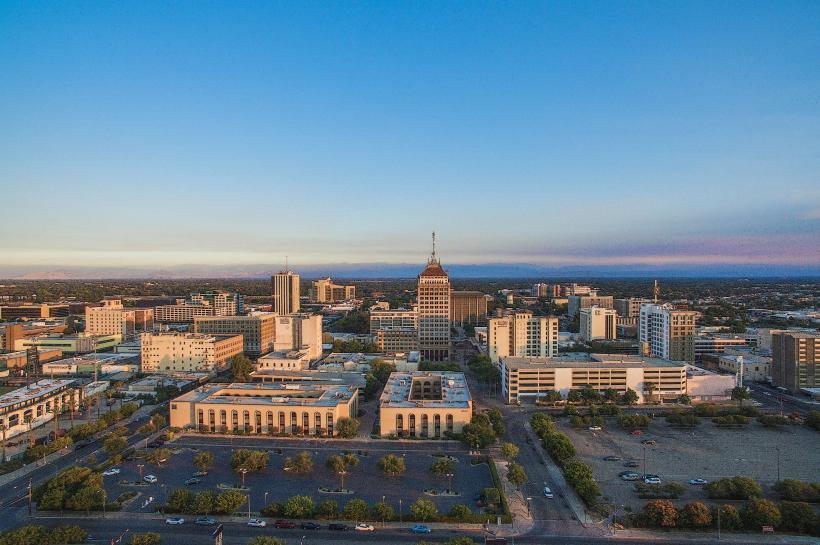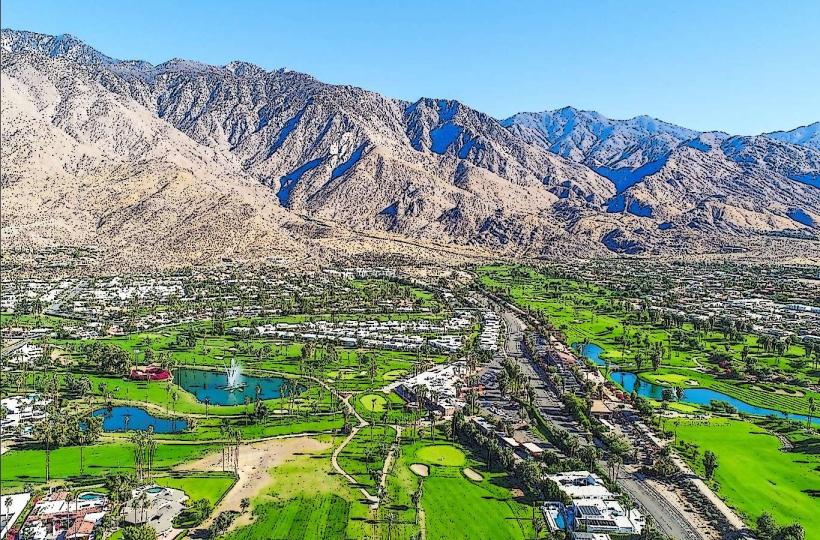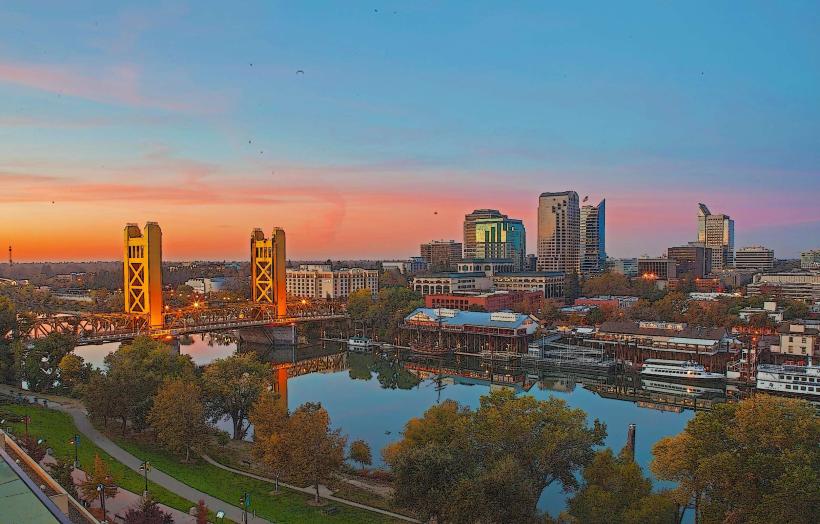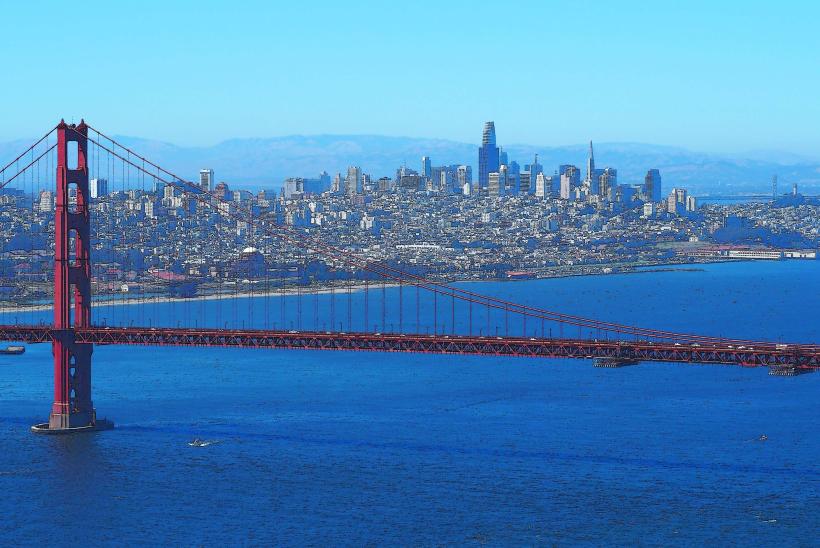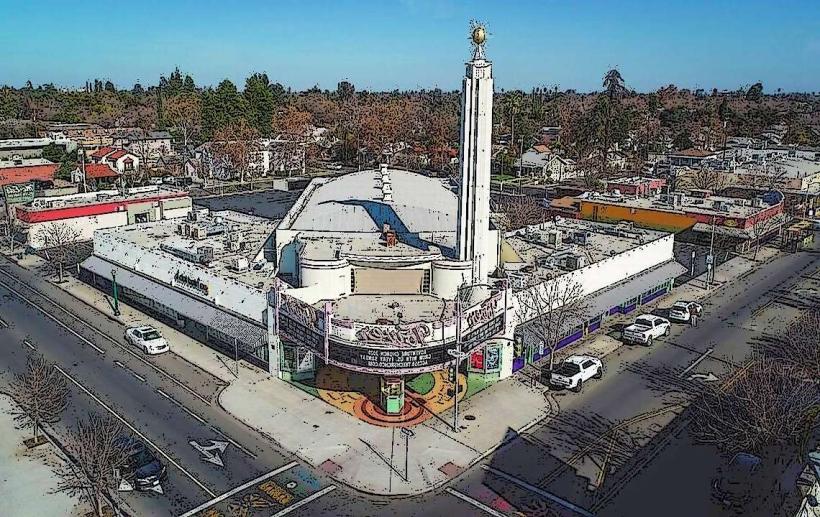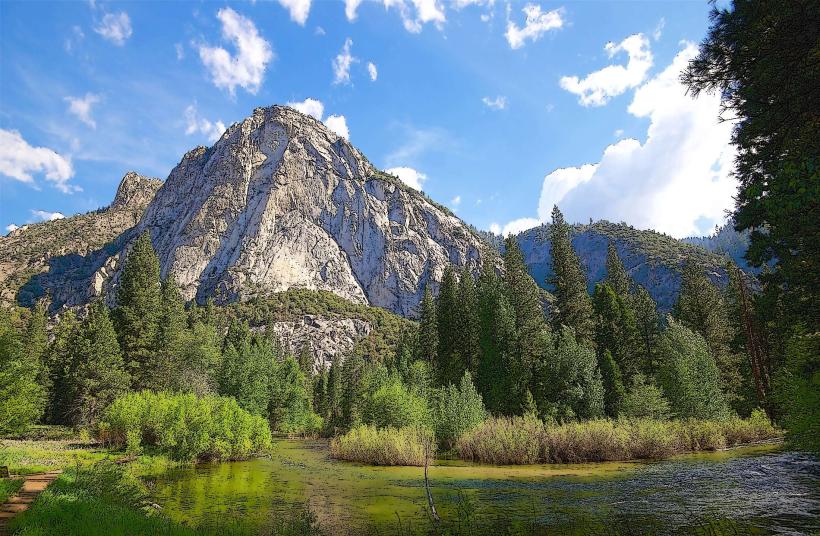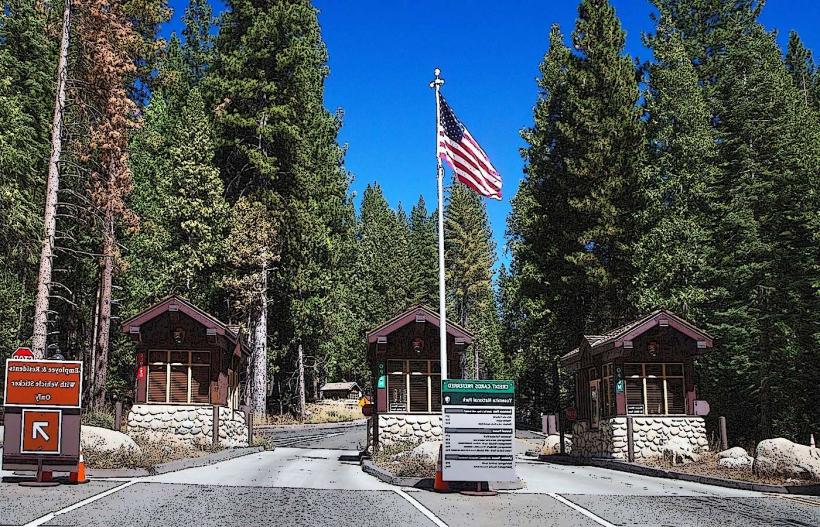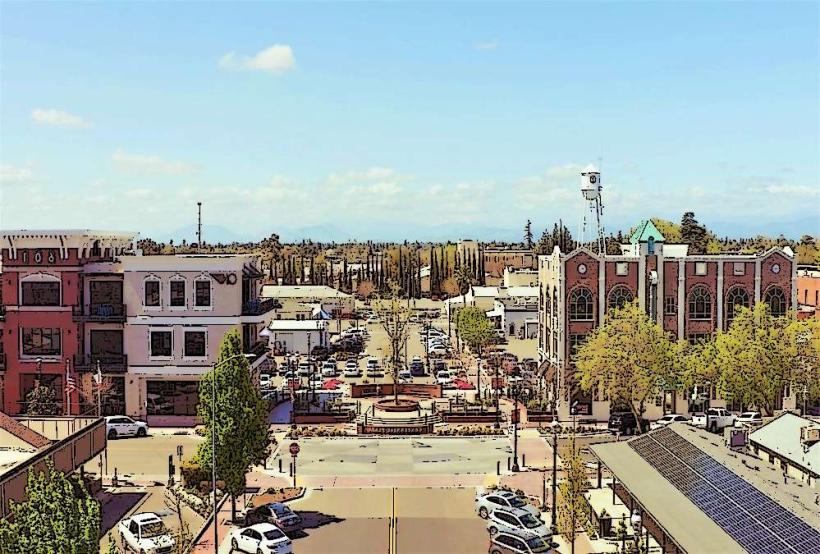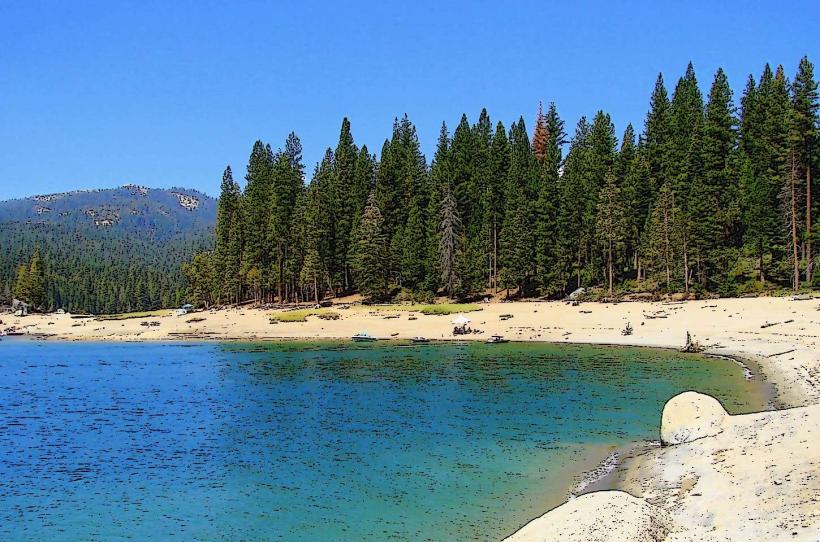Information
Country: USA CaliforniaContinent: North America
USA California, North America
California is the most populous state in the United States and is located on the West Coast. It is known for its diverse geography, climate, culture, and economy. Here's a detailed overview of the state:
Geography and Climate:
California is bordered by Oregon to the north, Nevada to the east, Arizona to the southeast, and the Pacific Ocean to the west. The state has a diverse range of landscapes, including beaches, mountains, forests, and deserts. The Sierra Nevada mountain range runs along the eastern side of the state, while the Coastal Ranges are along the western side. California also features fertile valleys like the Central Valley. The climate varies widely across the state, from Mediterranean along the coast to desert climates in the interior, and snow-covered mountains in higher elevations.
Population:
As of the most recent census, California is the most populous state in the U.S., with over 39 million residents. It has a diverse population, including significant communities of Latino, Asian, African American, and Caucasian residents. The state also has a high percentage of immigrants, making it a melting pot of cultures.
Economy:
California has the largest economy of any U.S. state and is one of the largest in the world. It is a major hub for technology, agriculture, entertainment, and tourism. Silicon Valley in Northern California is a global center for tech innovation and houses companies like Apple, Google, and Facebook. Los Angeles is a key city for the entertainment industry, especially film and television. Additionally, the state is a major agricultural producer, especially in fruits, vegetables, nuts, and wine. California is the leading state in the U.S. for the production of wine.
Political Landscape:
California is known for its liberal political orientation. The state has a Democratic majority in both its legislature and the executive office. It is known for progressive policies on issues like climate change, healthcare, education, and immigration. California also plays a significant role in national politics due to its large population and economic influence.
Education:
California is home to some of the best universities and colleges in the country, including the University of California system (with campuses such as UC Berkeley, UCLA, and UC San Diego) and private institutions like Stanford University. The state has a large public school system as well, though it faces challenges related to funding and educational equity.
Transportation:
California has an extensive transportation system, with numerous highways, railways, and airports. The state’s road network includes the famous Pacific Coast Highway. California also has public transit systems in major cities, such as the Los Angeles Metro, San Francisco BART, and San Diego Trolley. Air travel is highly accessible through airports like Los Angeles International Airport (LAX), San Francisco International Airport (SFO), and San Diego International Airport.
Culture:
California is a cultural hub, with a significant impact on music, film, art, and fashion. The state is home to Hollywood, the epicenter of the global entertainment industry, and has been influential in the development of modern pop culture. California is also known for its innovation in technology, and the state is often at the forefront of new trends in social media, gadgets, and digital services. The state's diverse population has contributed to its rich and varied culture, including food, music, and festivals.
Natural Resources and Environment:
California is a leader in environmentalism and has passed progressive laws aimed at reducing carbon emissions and promoting renewable energy. It is a major producer of solar power, and the state has committed to cutting greenhouse gas emissions. The state's vast natural resources include timber, oil, and minerals. California is also known for its national parks and wilderness areas, although we’re excluding landmarks for this overview.
Challenges:
California faces several challenges, such as housing affordability, water scarcity, and wildfires. The state's high cost of living, particularly in cities like San Francisco and Los Angeles, has created a housing crisis. Water is a scarce resource in much of the state, and California often experiences droughts. The state has also been affected by destructive wildfires, which have been exacerbated by climate change.
Sports:
California is home to several major professional sports teams across various leagues, including the NFL (San Francisco 49ers, Los Angeles Rams), NBA (Los Angeles Lakers, Golden State Warriors), MLB (Los Angeles Dodgers, San Francisco Giants), and NHL (Los Angeles Kings, San Jose Sharks). The state also has a rich history in Olympic sports and has hosted the Summer Olympics twice (1932 and 1984) in Los Angeles.
Summary:
California is a state of extremes, offering both opportunity and challenge. It has a vast and diverse population, an unparalleled economy, and a significant influence on global culture and technology. Despite its success and prominence, it also faces considerable challenges that require innovative solutions. Its dynamic landscape and thriving industries continue to make it a key player in both the national and international arena.


